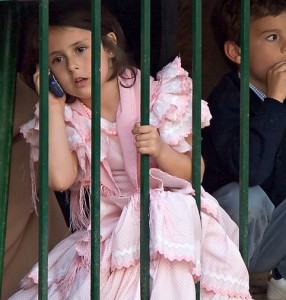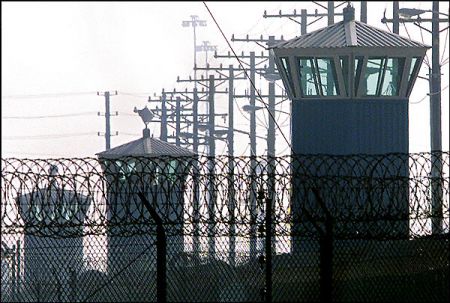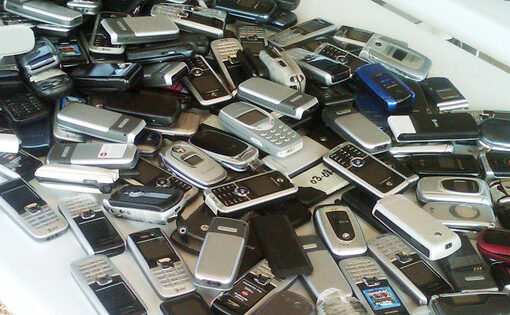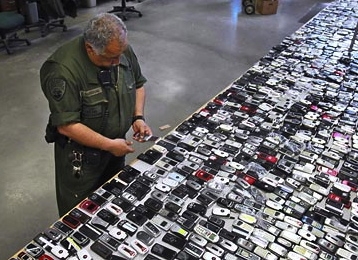 This article on prison cell phones discusses how, despite all the press on the nefarious uses of smuggled prison cell phones, the real driver of prison cell phone smuggling is the desire of inmates to stay in touch with family and friends.
This article on prison cell phones discusses how, despite all the press on the nefarious uses of smuggled prison cell phones, the real driver of prison cell phone smuggling is the desire of inmates to stay in touch with family and friends.
A former long-serving federal inmate living in South Florida says the real reason for the proliferation of cell phones in prisons has more to do with privately owned institutions gouging inmates and their families with ridiculously overpriced phone time than it does organized crime.
The ex-con — who advocates for other political issues and asked that his name not be used here — points out that phone calls made legally from prison are expensive and short.
Though they are banned, cell phones are prevalent in prison, with authorities confiscating tens of thousands of smuggled phones every year, according to a recent New York Times article. Prisoners use the phones to help control the flow of drugs both in and out of prisons, to organize protests, to set up Facebook pages, and in some cases, to conduct interviews with the media. Mostly, though, they use the phones to stay in touch with family members on the outside.
“Toward to end of my time in, cell phones began to appear in large numbers,” says the local ex-con, who served more than two decades for nonviolent crimes. “The vast majority were used by inmates desperate to stay in touch with, and hold on to, their wives and children.”
The calls were so expensive, this inmate could afford only one or two short calls to his family a week.
“If my wife, child, or a close friend were ill, I would blow the month’s phone budget,” he says.
According to the Times story, many of the phones are simply tossed over prison walls, and the phone bills are paid for by families. Prisons across the country are struggling to figure out a way to block phone services within prisons without violating FCC regulations.
From the Times:
In Oklahoma, a convicted killer was caught in November posting photographs on his Facebook page of drugs, knives and alcohol that had been smuggled into his cell. In 2009, gang members in a Maryland prison were caught using their smartphones to approve targets for robberies and even to order seafood and cigars.
Even closely watched prisoners are sneaking phones in. Last month, California prison guards said they had found a flip phone under Charles Manson’s mattress.
The logical solution would be to keep all cellphones out of prison. But that is a war that is being lost, corrections officials say. Prisoners agree. “Almost everybody has a phone,” said Mike, 33, an inmate at Smith State Prison in Georgia who, like other prisoners interviewed for this article, asked that his full name not be used for fear of retaliation. “Almost every phone is a smartphone. Almost everybody with a smartphone has a Facebook.”
In this case, says the local ex-con, the real crime is the inflated cost of calls, which force concerned prisoners to opt for illicit forms of communication:
“The real cost of a call is pennies, but prisons make a huge profit from inmate phones. Most inmates can’t afford to stay in touch with family. That is the root cause of the cell phone problem in prisons.”
- Blockchain System for Compliant Inmate Transactions - March 4, 2025
- Securus Gets the Signal, Eleven Years Later - August 23, 2024
- Multi-Blockchain System for Inmate Forensics - April 2, 2024




